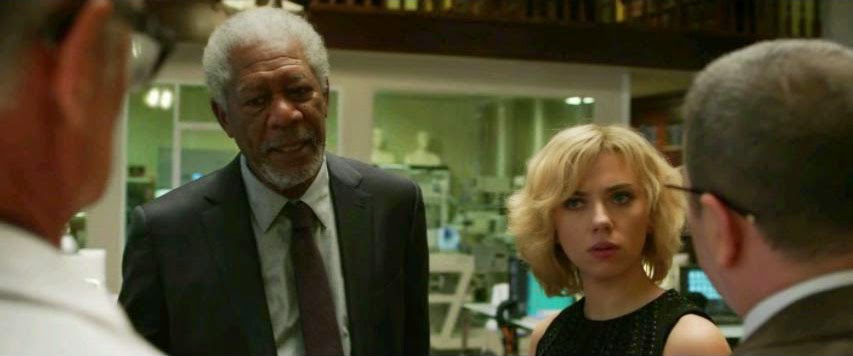I am not a fan of both main actors in the movie: Tobey Maguire and Leonardo DiCaprio; and in the first half hour of the movie, I was pessimistic. The party held by Jay Gatsby made me dizzy. Too many people came (in 1922 were party goers really that many?) and the scenes were too fast. After it was revealed why Gatsby wanted to befriend Nick Carraway, the story went smoothly.
A poor bond salesman, Nick Carraway, just arrived in Long Island New York and lived next to a palace owned by Jay Gatsby, who held a party every night. Gatsby asked Carraway to bring his cousin, Daisy, for tea. It was then Carraway realized that before Daisy married, she and Gatsby were lovers. Gatsby went to war and Daisy married Tom Buchanan, a former Yale football player.
Buchanan had a mistress, so Gatsby was convinced that Daisy never loved her husband. He asked her to leave Buchanan and marry him. Buchanan told Daisy that Gatsby was a fraud, a bootlegger. In the heat of the moment, Daisy and Gatsby went home in Gatsby’s big yellow car and Daisy, who drove, hit Buchanan’s mistress with the car to death.
Buchanan blamed Gatsby for his mistress’s death, also claimed that Myrtle (the mistress’s name) was Gatsby’s mistress. Wilson, Myrtle’s husband, shot Gatsby to death, after Gatsby thought that he had received a call from Daisy, who he thought agreed to go away with him. The call was actually from Carraway; while Daisy was going abroad with her husband.
To Carraway, Gatsby was one of the good guys; while Daisy and Tom Buchanan were careless people.
Although the party scenes made me dizzy, the landscapes were very beautiful. Carey Mulligan, who played Daisy, is very beautiful. The audience were easily convinced why Gatsby wanted her very much. I must say that Leonardo DiCaprio was suitable in that role. I don’t like him enough that it was believable how people in New York turned from him after the scandal began, that none attended his funeral.
 |
| Daisy's entrance |
Compared to Moulin Rouge and Australia (which I didn’t even remember what it was about), Gatsby’s love story was much more beautiful; but I believe it’s because the book it’s based on is also a classic. Among the three, Moulin Rouge is still the best.



















